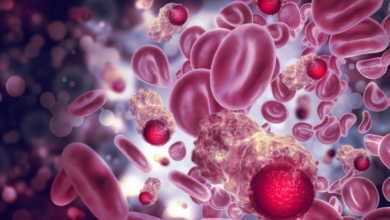Maternal Cell-free DNA (mcDNA) Testing

What is Maternal Cell-free DNA (mcDNA) Testing?
Maternal Cell-free DNA (mcDNA) testing is a type of non-invasive prenatal testing (NIPT) that analyzes DNA fragments circulating in a pregnant woman’s blood. These fragments are primarily fetal in origin, but they also contain maternal DNA. By analyzing these fragments, healthcare providers can assess the risk of certain chromosomal abnormalities in the fetus.
Why Maternal Cell-free DNA (mcDNA) Testing
is required?
mcDNA testing is primarily used to:
- Screen for chromosomal abnormalities: This includes conditions like Down syndrome, Edwards syndrome, and Patau syndrome.
- Determine fetal sex: This can be helpful for families with a history of sex-linked disorders or for those who prefer to know the sex of their baby before birth.
which are the method of Maternal Cell-free DNA (mcDNA) Testing?
The process involves a simple blood draw from the pregnant woman. The blood sample is then analyzed using advanced laboratory techniques to isolate and sequence the fetal DNA fragments.
who should go for Maternal Cell-free DNA (mcDNA) Testing?
While mcDNA testing is generally considered safe and effective, it’s often recommended for women at higher risk of having a child with a chromosomal abnormality. This includes:
- Women over 35 years old
- Women with a history of miscarriage or stillbirth
- Women with a family history of genetic disorders
- Couples who have previously had a child with a genetic disorder
What are the results of Maternal Cell-free DNA (mcDNA) Testing?
mcDNA testing provides a risk assessment, not a definitive diagnosis. A positive result indicates an increased risk of the fetus having a chromosomal abnormality. A negative result does not guarantee a healthy baby, but it significantly reduces the risk.
What are the components of Maternal Cell-free DNA (mcDNA) Testing?
mcDNA testing typically screens for the following chromosomal abnormalities:
- Trisomy 21 (Down syndrome)
- Trisomy 18 (Edwards syndrome)
- Trisomy 13 (Patau syndrome)
- Sex chromosome abnormalities (e.g., Turner syndrome, Klinefelter syndrome)





